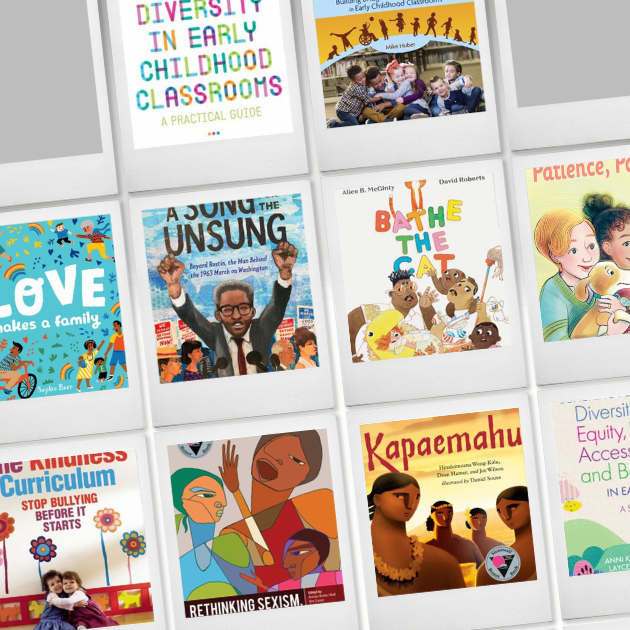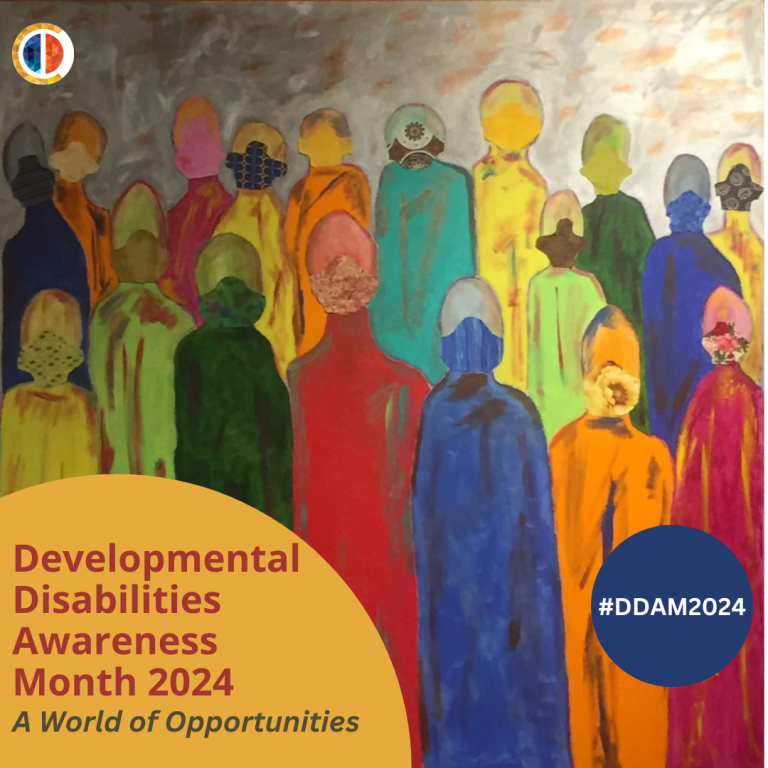May is Mental Health Awareness Month and serves as a poignant reminder of the critical role mental health and well-being play in our lives. Promoting and supporting mental health is vital during all phases of life but of particular influence during the first few years of a person’s life. 80% of a child’s brain develops by the time they turn three years old. Childhood experiences during those first three years significantly shape a child’s long-term well-being.
Early Childhood Mental Health
When a child experiences traumatic events they are known as adverse childhood experiences (ACEs). ACEs encompass a range of traumatic events, from violence and abuse to parental separation and food insecurity. These experiences can profoundly influence mental health, alongside factors such as the development of skills and genetics. Greater Twin Cities United Way’s 80×3: Resilient from the Start initiative is dedicated to fostering trauma-sensitive communities and ensuring resilient futures for all children. Trauma-sensitive care is rooted in empathy and understanding, aiming to recognize and respond to the effects of ACEs. What can be predicted can be prevented, and when we address ACEs early on, children are set up for success later in life.
Across Minnesota, students and educators are grappling with a student mental health crisis. A statewide survey of thousands of Minnesota principals conducted by the University of Minnesota in November found that 94% of respondents agreed that student mental health challenges pose a significant barrier to learning, including children who were in early childhood programs recently. By providing a trauma-informed response, we can understand the challenges all students are facing and equip them with the tools they need to overcome and strengthen their resolve in the face of adversity.
“Children that are from families that have gone through significant trauma… are coming from the highest number of adverse childhood experiences you can imagine,” says Krystal Shatek, early childhood educator of 20 years and member of the 80×3 Advisory Committee. “Their trauma is expressed through their behavior, which affects the whole classroom. Many early childhood educators feel ill-equipped to handle these challenges without proper support and training.”
Resources
At the heart of the 80×3 initiative lies a deep commitment to support caregivers, families, educators, and program administrators in their crucial role of nurturing the next generation. At 80×3.org, educators and program administrators can access a hub of valuable resources and training opportunities designed to equip them with trauma-sensitive care practices, positive parenting techniques, and social-emotional learning strategies. From informative articles and guides to practical tips and workshop modules, these resources cover a diverse range of topics relevant to early childhood education, ensuring that educators have access to the latest research and best practices in the field. “80×3 has provided the necessary training and conversation starters that help educators understand the children and families they are working with,” says Kendrea Dickson, Director at the Center of Excellence in Minneapolis. “It also helps teachers to be sensitive, as opposed to judgmental, of the struggles that families endure.”
Additionally, the 80×3 website provides caregivers and families with a multitude of resources and support networks tailored to their unique needs and challenges. From informative articles and guides to online forums and community events, caregivers have access to a wide range of tools and strategies to support them.
Positive mental health is instrumental in helping young children grow and thrive. It enables them to navigate life’s challenges with resilience. When young children have positive mental health and well-being, they can engage in activities vital for their development. It also equips them with the capacity to cope with both minor setbacks and significant adversities in healthy ways. To create a healthier, fairer Minnesota for all children, we must support every child, family, and community according to their unique needs. The 80×3 initiative is instrumental in this endeavor, providing resources, transforming systems, and cultivating trauma-sensitive adults who can create supportive environments where children can thrive. To stay updated on the developments in Minnesota’s early childhood community regarding trauma-sensitive practices, subscribe to the 80×3 newsletter.
As we observe Mental Health Awareness Month, let us reaffirm our commitment to prioritizing the mental well-being of our youngest Minnesotans. Together, we can create a future where every child has the opportunity to flourish, supported by environments that foster their mental health and resilience.

By Jamie Bonczyk, Greater Twin Cities United Way Program Officer, 80×3
Jamie Bonczyk leads “80×3: Resilient from the Start” — a systems change initiative at Greater Twin Cities United Way, focused on ensuring every child in Minnesota experiences trauma-sensitive early childhood education and care. Jamie strives to create social-impact networks, change initiatives and partnerships that create sustainable health and education outcomes for children, families and educators. Her background includes the roles of executive director of an early learning non-profit, Head Start administrator, adjunct instructor, author, professional development content creator, and preschool teacher. Jamie has a bachelor’s degree from Minnesota State University Moorhead and a master’s degree from Roosevelt University, both in early childhood. She completed a Head Start Management Fellowship at UCLA and became a Certified Professional Project Manager through the University of St Thomas. Jamie and her family call Richfield, MN home. They love to play games, travel, and play with their dog. A natural storyteller with a love of humor, Jamie can occasionally be found on the stage of Strike Theater.








